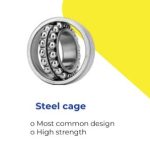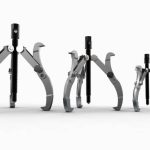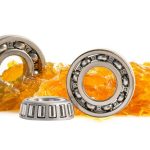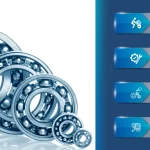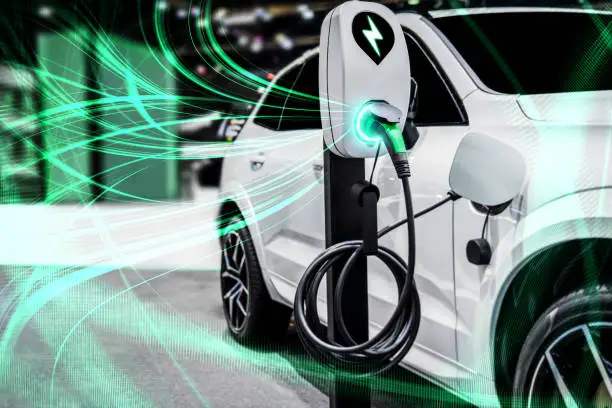
Revolutionization is happening all around the world, from the simplest ones like the evolution of electric toothbrushes to the complex ones like autonomous vehicles (self-driven cars).
The saying ‘change is the only constant’ is proving to be very true when it comes to India’s automotive industry. India is experiencing an EV (Electric Vehicles) revolution and is poised to become a global leader in the EV market.
According to a recent report by The Economic Times, the launching of electric vehicles in 2025 is set to surpass petrol and diesel cars. There are 28 new models planned to be launched this year, out of which 18 are electric vehicles.
The reason behind this revolution can be cited to several factors including, strong government support through incentives and policies, growing concern about air pollution among the population, advancement in battery technology, and rapid development & expansion of charging infrastructure.
Factors to Consider When Choosing an EV
Is the rising petrol & diesel prices something you’re concerned about? Or you’re finding a good deal? Or is it the smoothness you are attracted to? Or you have calculated it all, the operating & maintenance costs? Making you come to a decision to buy an EV! However, you’re daunted by the question, which is the best EV car in India? If you are wondering if any electric vehicle (EV) options are available for your budget, this article might help you decide.
In 2024, the EV market in India surged 24% from 2023, and the reason behind this can be associated with technological advancements, urbanisation, consumer awareness, and more. However, several factors shape consumer choices when investing in an EV, some of the major ones are listed below:
1. Battery Range & Charging Time
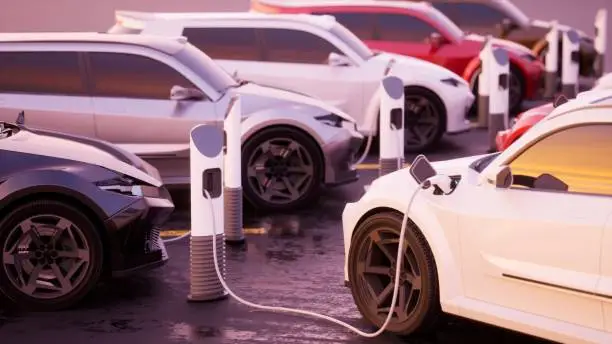
The one factor every one’s concerned about and the one factor that makes it large to the hoarding of EV marketing boards – The Claim -‘300 KM in an Hour of Charge’ The range indicates how far the EV can travel between charges. When choosing an EV, consider the distance you need to travel every day. A lower range may be adequate for daily commutes but a higher range is necessary for long-distance travel. Ensure comparing the claimed range and the real-world range. Similarly, the charging time is a crucial factor when choosing an EV, unlike petrol and diesel cars which get refuelled in minutes, EVs require time to charge. Different models have different charging times and it also depends on the type of charger used. Home and workplace charging stations support slow to fast charging while public charging stations may support fast and ultra-fast charging, but may be costly. Thus choosing an EV based on the charging time and charging infrastructure in your area is important.
2. Charging Infrastructure in India
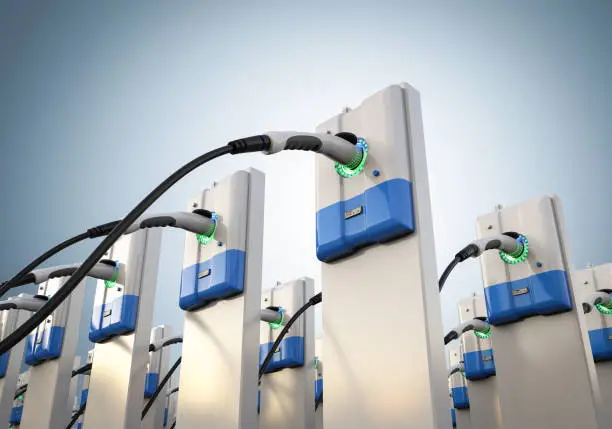
With the rise in EV demand and production in India, the charging infrastructure is also growing. According to The Economic Times of India, India saw a ninefold increase in EV charging stations in the last 2 years.
The charging infrastructure is something that has a great influence on buying an electric vehicle. Several private companies are contributing towards building charging stations. Consider your locality and nearby charging infrastructure to avoid inconvenience. The key is to check how many EV charging stations are available on your route of commute.
According to E-Amrit (an online portal of the government of India), there’s an active network of 934 active charging stations. Additionally, the majority of EV charging stations are located in urban areas, thus making it safe for the urban population to opt for electric vehicles.
3. Performance & Features
The driving experience of an EV is greatly affected by the performance and features it has to offer. EVs are known for their signature features including:
- Quieter Operation
- Instant Torque
- Advance Technology
Torque & Acceleration: Unlike internal combustion engines, EVs don’t require time to build up power and deliver torque instantly. If thump and aggressiveness are what you like while driving, a high-on-torque EV is something to go with, or if you’re looking for a calmer machine, a not-so-torque engine would suffice.
Regenerative Braking: The new tech enables EVs to convert the kinetic energy into battery power when we brake or slow down. Regenerative braking technology is known to increase battery efficiency and driving range. Choosing EVs equipped with regenerative braking enhances range efficiency, reduces maintenance costs, and extends battery life.
Smart Connectivity & Infotainment: EVs available in the Indian markets are packed with AI-based features, big touchscreens, and remote connectivity options. These over-the-top features play a significant role in enhancing the overall driving experience. Features like remote car monitoring, voice commands, navigation, ADAS, and more greatly influence the model selection. If you are a tech enthusiast – EVs are worth the investment.
Role of Bearings in Electric Vehicles (EVs)
Bearings are a small yet very important component of electric vehicles. The bearings in EVs support rotating components, reduce friction, and enhance energy efficiency leading to greater drive experience. EVs are fitted with a variety of bearings, including ball bearings, roller bearings, cylindrical roller bearings, hub bearings and more.
The growing demand & production of EVs in India is also increasing the demand for various types of bearings used in electric vehicles for smoother operations. According to a report by SNS Insider the bearings market is expected to reach $186.43 billion by 2032, and the key drivers behind are the growing demand for electric vehicles and industrial automation.
Commonly Used Bearings in Electric Vehicles (EV)
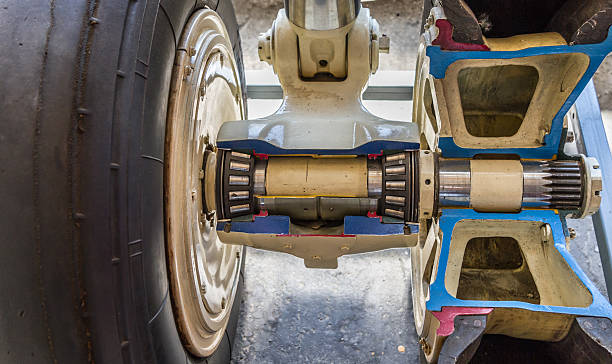
Motor Bearings
Motor bearings are crucial in ensuring the smooth operation and longevity of electric vehicles. Deep groove ball bearings, cylindrical roller bearings, and insulated bearings are commonly used as motor bearings. The bearings used must withstand high-frequency currents, as currents may pass through the bearings and cater to high speeds as RPMs and torque loads are significantly higher in EV motors. A high-quality motor bearing ensures adequate support to the rotor, contributes to noise reduction, handles high speed, and reduces friction leading to enhancing the motor efficiency. Insulated bearings, advanced lubrication techniques, and high-quality bearings (high-grade steel, ceramic materials) ensure bearings are not damaged by electric damage, reducing friction and thus improving the lifespan.
Additionally, high-quality bearings reduce mechanical friction, support regenerative braking efficiency, and reduce heat generation, leading to better efficiency and extended battery life.
Wheel Bearings
Electric Vehicles are fitted with various types of bearings, one of the most significantly important bearings is the wheel bearing. Electric vehicles are equipped with tapered roller bearings, low-friction bearings, deep groove ball bearings, sealed bearings, and more. Wheel bearings in electric vehicles operate under extreme stress contributed by high torque (instant torque producing more stress), increased weight (EV batteries), and low noise requirement (no engine noise, demanding precision in bearings) all necessitating the need for advanced material bearings. A high-quality wheel bearing ensures lower rolling resistance leading to less energy consumption, optimising cooling & heat reduction, and reducing unnecessary power loss leading to smooth handling and extended driving range.
Transmission Bearings
Transmission bearing in EVs helps ensure:
- Smooth Power Transfer
- Reducing Friction
- Maximizing Efficiency
These bearings are used to support the transmission components. Some of the most commonly used transmission bearings are insulated bearings, tapered roller bearings, deep groove ball bearings, cylindrical roller bearings, etc. Transmission bearings are low friction bearings that ensure minimal energy loss and also assure optimised power transfer including efficient torque delivery and improved drivetrain performance. These bearings are meant to support high-speed rotation as EV motors operate at higher RPMs while ensuring reduced mechanical noise.
Battery Cooling System Bearings
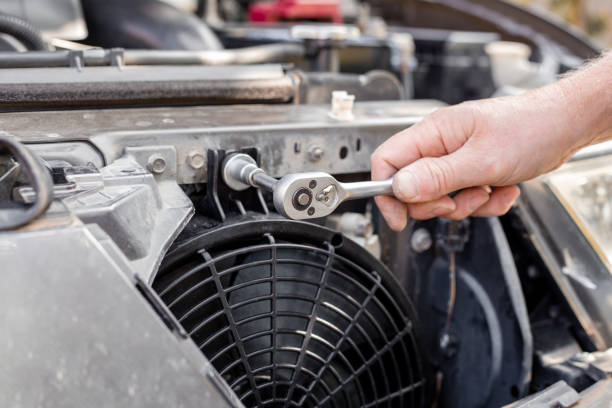
The battery cooling system in EVs uses pumps, fans, and compressors that allow the rotating shaft to rotate smoothly while regulating battery temperature. These bearings play the role of rotating the cooling pump shaft, enabling the coolant to dissipate heat during charging or driving thus enhancing thermal management. Some of the commonly used battery cooling system bearings include sealed bearings, ball bearings, roller bearings, and more.
Regenerative Braking System Bearings
Regenerative braking in EVs converts the kinetic energy into electrical energy stored in the battery, adding to increased drive range. The bearings used here ensure smooth operation, enhance efficiency, and support high-speed rotation. Some of the typically used bearings in regenerative braking systems include:
- Cylindrical Roller Bearings
- Deep Groove Bearings
- Hybrid Bearings
Top Electric Cars in India for 2025
The global automotive giants are already eyeing India’s growing EV demand. The luxury automakers are not far behind either BMW, Volvo, Mercedes, Porsche and Audi are working on new models that will go on sale in 2025. Numerous models are already available in the market with a myriad of features to cater the diverse consumer preferences.
According to The Hindustan Times Auto – The top 5 electric cars based on their drive range, battery life, charging time, and features include:
- Mahindra BE 6
- Mahindra XEV 9e
- Tata Curvv EV
- Tata Punch EV
- Tata Nexon EV
FAQ's
What are the upcoming EV cars in 2025 in India?
Around 37 new electric cars are expected to be launched in India in 2025 (according to Hindustan Times Auto). Some of the best-rated ones include Audi Q6 e-tron, Mahindra XEV 4e, Kia EV6 Facelift, etc.
What is the longest EV range in 2025?
The Kia EV6 facelift expected to be launched in March 2024 is said to have the longest electric range in India.
Can EVs last 15 years?
Yes, EVs can last 15 years or more, it depends on the weather conditions it is being used in, In moderate climates the EV batteries can last easily for 12 to 15 years.
What is the cheapest EV in 2025?
MG Comet EV and Tata Tiago EV are among the most affordable EVs in India in 2025.




